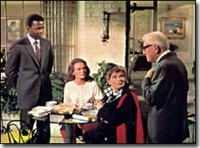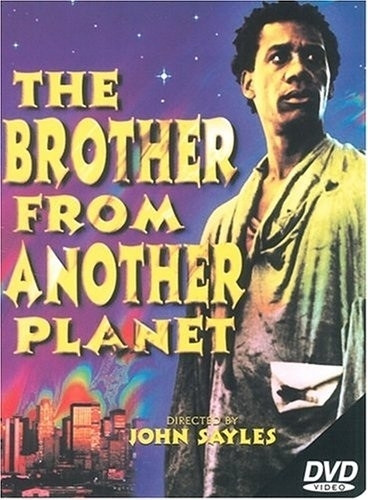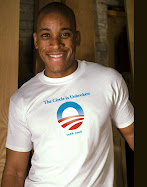Rosie the Riveter is the iconic image of women in the 1940's, venturing out of their domestic life to join the workforce and help their country out in a time of war. Generations have painted the story with rosy colors, regaling us with tales of women working hard to help manufacture war materials. Government posters supported the call for women workers and it seemed that both industry and labor were finally in agreement about an issue. But then the war ended. And with that millions of women were sent home. Some continued to work but in more "feminine" positions such as secretarial work. But others retook the mantle of domesticity and married and had children. What is often left out of studies of this time is that not only did these women marry, but their icon Rosie did too. Rosie the Riveter and all of labor entered into an unhealthy and dysfunctional marriage with corporate America.
Labor and business had never had a good relationship to begin with. Since the Labor movement's inception in the late 1800's, workers have been tirelessly fighting for a safe working environment, reasonable working hours, higher pay, and more benefits. Nevertheless, these demands, which seem reasonable to our jaded twenty-first century ears, were anathema to the factory owners just a century ago. The Hay Market Massacre, which is commemorated today, was just one example of police interrupting a peaceful demonstration causing the arrest of Union leaders who were later sentenced solely because of their political beliefs. Though much improvement has been made in the institution of regulation, too many businesses still fail to see the humanity of the people who work for them. According to the AFL-CIO’s 18th annual “Death on the Job” report, on an average day, 15 workers lose their lives as a result of workplace injuries and disease, and another 10,959 are injured. The dysfunctional marriage between labor and capital must be reconciled in order to not only protect the workers but to protect global industry.
Bill Gates coined the term "creative capitalism" which he defined as "an approach where governments, businesses, and nonprofits work together to stretch the reach of market forces so that more people can make a profit, or gain recognition, doing work that eases the world’s inequities." The economic crisis we are embroiled in right now and the long-term problems of poverty and powerlessness it can only seek to exacerbate call for innovative solutions that will help both labor AND capital. Initiatives such as No Sweat, which sources from Unionized factories in places like Bethlehem, in the West Bank Palestine, and the United States, and government initiatives that seek to encourage companies to devote more money to developing products for third world consumers, are steps in the right direction. But as the rally against protectionism showed, now is not the time to be thinking of a national labor union, but a global workforce. Labor should not be a burden whose only purpose is to provide a meager paycheck so the worker can put food on the table for his family. Instead it must be a vehicle for social change by providing people with the resources they need to not only properly provide for their family but also move ahead in life. As we remember past generations of Union laborers we should not only look back with pride at all they have accomplished but also look forward with hope and energy to all the work we still have to do. Then perhaps we could finally wed labor and industry in a gown made by Union workers and a tiara sparking with the hope for the future.










